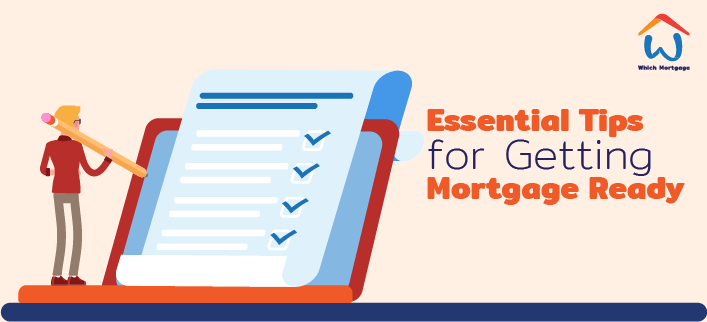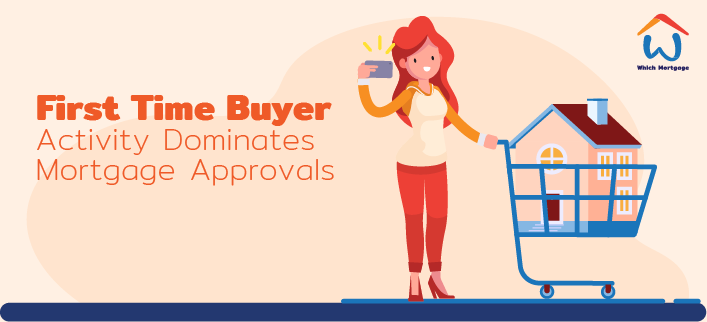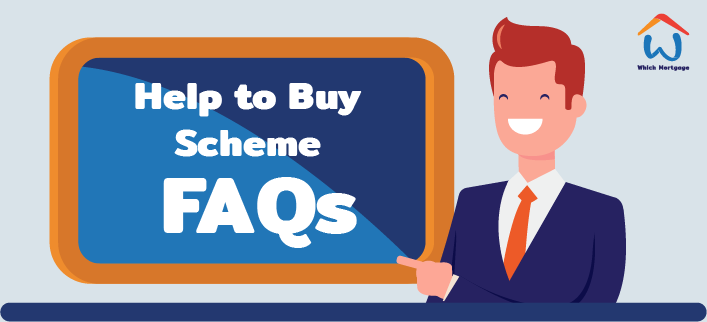
Self-employed? You can get a mortgage in Ireland.
2022-02-22Spoiler alert: self-employed people get mortgages in Ireland all the time.
As a mortgage broker in Dublin, we come across misconceptions around raising mortgages often. One of the biggest misconceptions is that self-employed people don’t qualify for mortgages.
Today we're going to shed some light on the process you need to follow to raise a mortgage if you are self-employed.
Overall, you need to:
- Complete an application
- Submit your documentation
- And show evidence that you can repay your mortgage
This is much the same process that an employee would follow if they were raising a mortgage.
However there are some differences in the documentation you will need to provide as a self-employed person.
These are the steps you need to follow if you're self-employed and in the market for a mortgage.
1. Speak to your accountant
As a self-employed individual, your accountant is going to be key to your mortgage application.
Needless to say, you want to make sure your accountant is trustworthy. They will be handling a lot of your private documentation and providing Revenue information to show that you are tax- compliant.
2. Get your paperwork in order
The paperwork required to raise a mortgage can seem overwhelming. Many of our clients who are full-time employees feel the same way.
Our advice is to approach getting your documents together as an opportunity to show why you’d be a great customer for the mortgage lender. This mindset, where you are working towards your success rather than feeling annoyed by collating paperwork, will put you in the best place to undertake this step of the process.
You'll need the following documents:
- Proof of certified/audited accounts
Lenders can vary in how long they want to see your accounts for. Some lenders may even ask to see a minimum of three years of your business accounts.
- Revenue documents
Lenders will want to see that you meet all your tax obligations to Revenue. You will also need to provide your Tax Clearance Certificates.
- Account statements
You will need to provide at least six months bank statements for both your personal bank account and your business bank account. If you also have a credit card for your business, you will need to show at least six months bank statements for that too.
- Client contracts
One of the strongest ways to show you have a regular income and reassure the lender that you can repay a mortgage is by submitting your client contracts.
3. Insurance cover
Many lenders may want to see income protection if you are self-employed.
And, just like your employed counterparts, lenders will ask that you take out mortgage protection to ensure your mortgage term can be fully paid even if the worst were to happen.
How to get yourself in the best shape for a mortgage as a self-employed person
Firstly, it is important to realise that raising a mortgage is a process. No one does it overnight no matter what their employment status might be.
So if your paperwork or financial situation isn’t 100% ideal for applying for a mortgage just yet, don’t despair.
We work with our clients over a period of time to get them mortgage ready. We also share our step-by-step process which empowers our clients to see that they can do this. And if you give yourself time, you can too.
Secondly, we cannot exaggerate the important role your accountant will play in your mortgage application. Make sure that the accountant you use is certified and chartered. This individual will be working with your confidential financial information and trust is key.
Thirdly, whether you are self-employed or full-time employed, showing a history of savings is one of the strongest ways to place your mortgage application in a strong light.
Again, look at your mindset here. Each Euro you save is going to work in your favour.
As a self-employed individual, showing that you have been saving regularly will reassure lenders that you are responsible and earning enough to cover a mortgage payment.
Finally, pay off debt. We understand that you might not be able to do this in its entirety. But again, each Euro you pay off of any credit cards or personal loans you owe will be a Euro that works for you.
Lenders will check your affordability level closely.
They are required to do this by the Central Bank of Ireland to ensure that they do not lend irresponsibly.
By paying off as much of your owings as possible, you’ll be increasing how much of a mortgage you can afford.
Please feel free to contact us with any questions you may have. We work with self-employed people all the time and would be delighted to chat with you.
More Questions?
Talk to one of our mortgage specialists now!
BOOK AN APPOINTMENT


